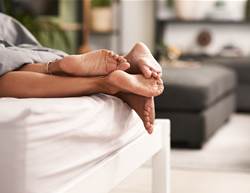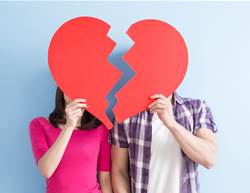When we go to the gyno, sometimes our goal is to just get in and out as quickly as possible. But this can mean that we often forget to ask the little questions and end up missing out on the simple tips like these…
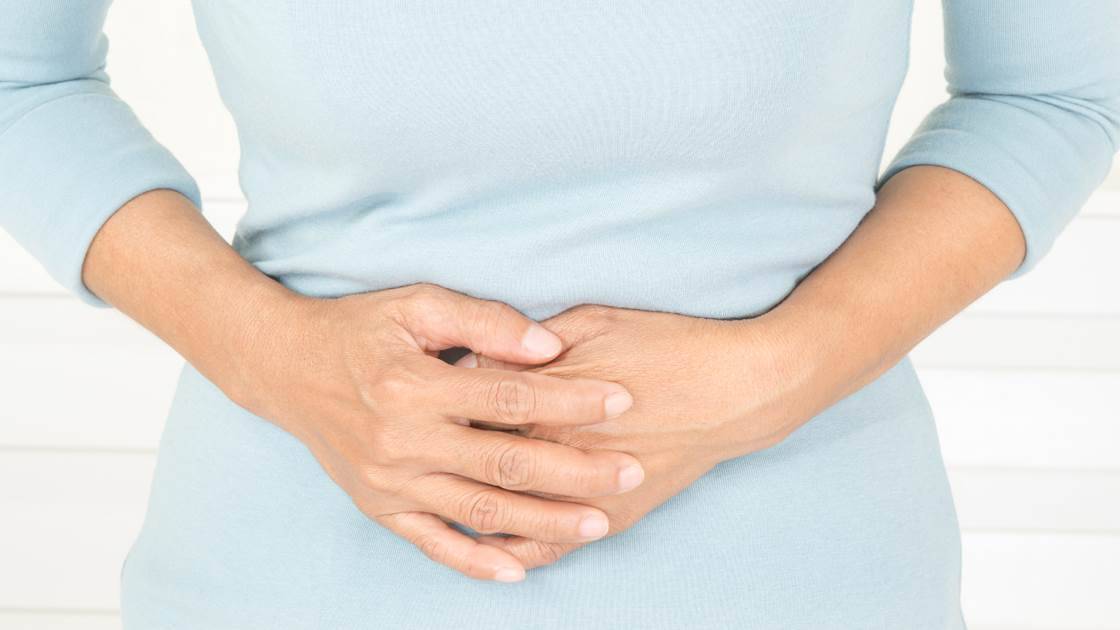
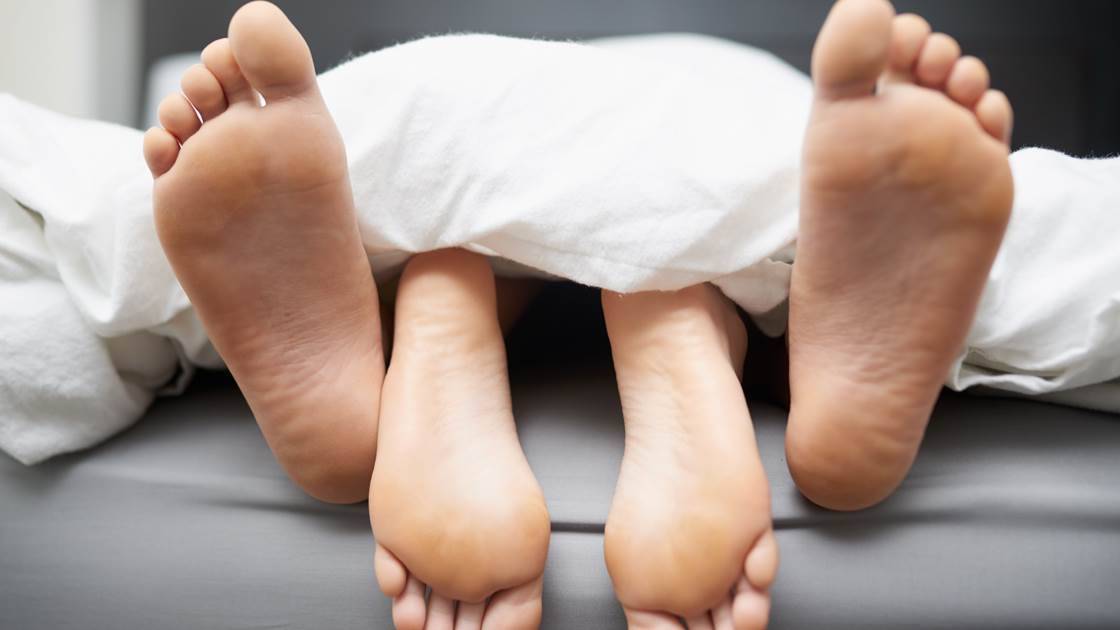
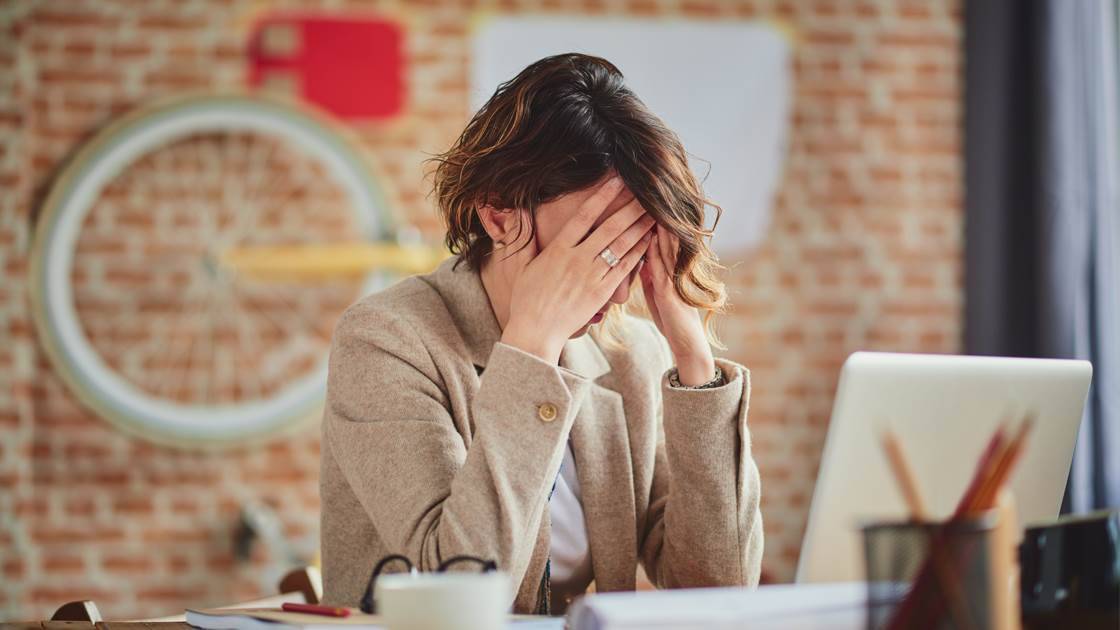
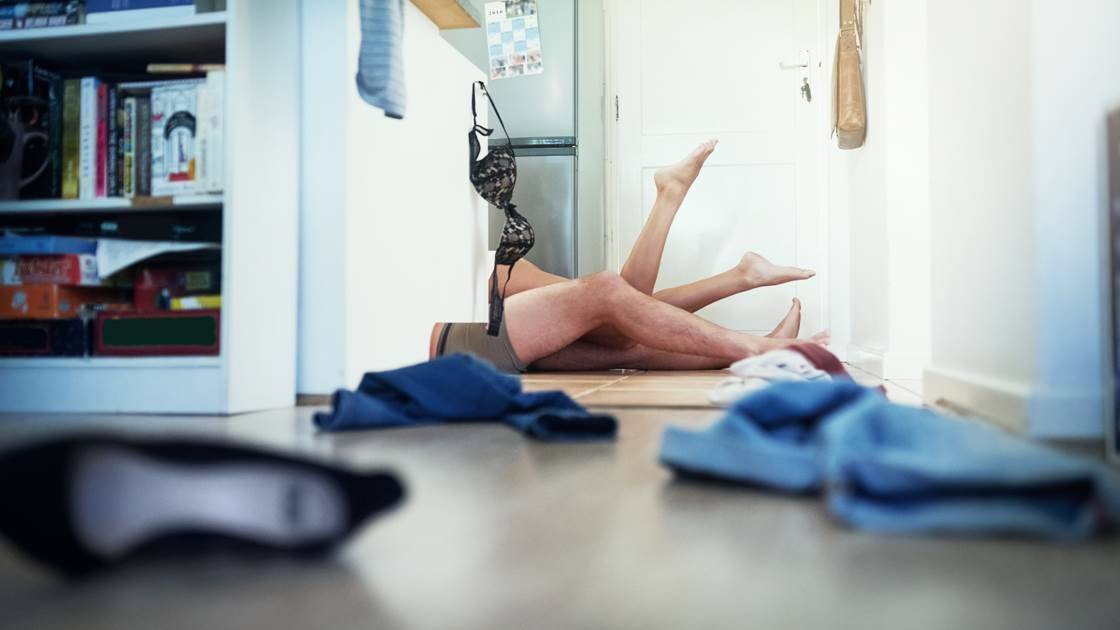


Get ahead of your period
“Not long ago a friend said, ‘Every month, I have terrible diarrhoea around my period, and I’m sick of it. What can I do?’ I told her it’s basic physiology: A day or two before your period, your uterus releases a chemical called prostaglandin, which causes contractions that help your body expel the accumulated uterine lining. Some prostaglandin enters the bloodstream and makes its way to your large intestine and bowels, making them contract too. That’s what causes the runs. You can try avoiding caffeine and greasy foods and gradually increasing your fibre intake, but even that may not be enough to slow things down. Instead, I suggested that my friend take ibuprofen or naproxen at the first sign of period symptoms, long before the diarrhoea sets in. These two drugs are prostaglandinsynthesis inhibitors; in other words, they stop your body from producing the compound before it can make you sick. That also means fewer cramps!” —gynaecologist Dr Mary Jane Minkin
There’s no shame in lube
“Lubricant is so underutilised. Women think they shouldn’t need it if they’re aroused, but vaginal dryness can be caused by low oestrogen, medications such as antihistamines, and medical disorders like diabetes and heart disease. You don’t even have to buy it in person: I tell women to shop for lubricant on Amazon. Silicone lubricants tend to be less sticky and longer-lasting than water-based lubes, which also often contain glycerin, an ingredient that has been linked to yeast infections in women who are prone to them. If you’re trying to conceive, make sure you’re using a sperm-friendly lubricant to optimise fertility. Many women also benefit from a vaginal moisturizer, such as Replens or Lubrigyn. You apply it regularly instead of just during sex, to keep the area moist and elastic.” —gynaecologist Dr Alyssa Dweck
Stress less about stress
“I’ve had friends who were quick to blame stress for their irregular periods, and I had to tell them that while stress can affect your cycle, it’s likely not the culprit. It takes a major life event - the death of a loved one, a divorce - to throw a wrench in things. When that happens, your pituitary gland tells your adrenal gland to crank out more cortisol, which throws off the balance of hormones from your ovaries. At that point, your body goes into survival mode: It shuts down unnecessary functions, like reproduction, and redirects all its energy to dealing with that stress. Your libido will even drop so you’re not tempted to get pregnant when you’re not prepared to care for a child. It’s pretty cool, when you think about it. But no, your crappy commute and annoying mother-in-law aren’t enough to make that happen. If you’re worried about your period, talk to your doctor.” — Gynaecologist Dr Diana Bitner
Sex is so important
“Every time I go home, people swarm me with questions about menopause. One of the most common complaints is vaginal dryness and pain - sex hurts, and even a pelvic exam can be uncomfortable. As women reach perimenopause and menopause, they lose oestrogen, which causes the vaginal tissue to become dry and thin. This happens during prolonged breast-feeding too - a friend once called me, worried that she’d have to choose between nursing and sex. In both cases, your gynaecologist can prescribe a vaginal oestrogen cream, which relieves dryness, making sex more comfortable. And just having sex helps keep the vagina from narrowing after menopause, so don’t let anything stop you from that!” —gynaecologist Dr Leah Millheiser
Spotting can be serious
“My friends often talk to me about their sex lives, usually after we’ve had a couple of martinis. Some have asked about pain during deep penetration or spotting after sex, and I always tell them they need to get checked. Women talk about spotting so casually - I’ve had patients say, ‘I’ve seen a few drops of blood, but only after really athletic sex.’ The truth is, you shouldn’t see blood at all. Though it can be related to dryness, sometimes it turns out to be something more serious: I’ll see a change in the patient’s Pap smear or find a sexually transmitted infection like chlamydia. Pain and bleeding can point to any number of things - even fibroids and ovarian cysts and tumours. So please don’t assume that it’s normal or that you’re just growing older. Make an appointment.” — Dr Hutcherson
Please stop scrubbing down there
“The vagina is a lot like a self-cleaning oven. It has its own natural mechanisms to keep the tissue healthy and pHbalanced. In fact, aggressive scrubbing with harsh or overly fragrant products upsets the delicate balance of yeast and bacteria in your vagina. I recommend a gentle soap like Dove or Ivory for the outside only, and plain water on the more delicate mucous membranes inside. Yeast and bacteria thrive in damp, dark environments - and not in a good way. So if you’re prone to infection or irritation, here’s a helpful hint: Try aiming your blow-dryer down there on a low, cool setting after you shower.” - Dr Dweck







